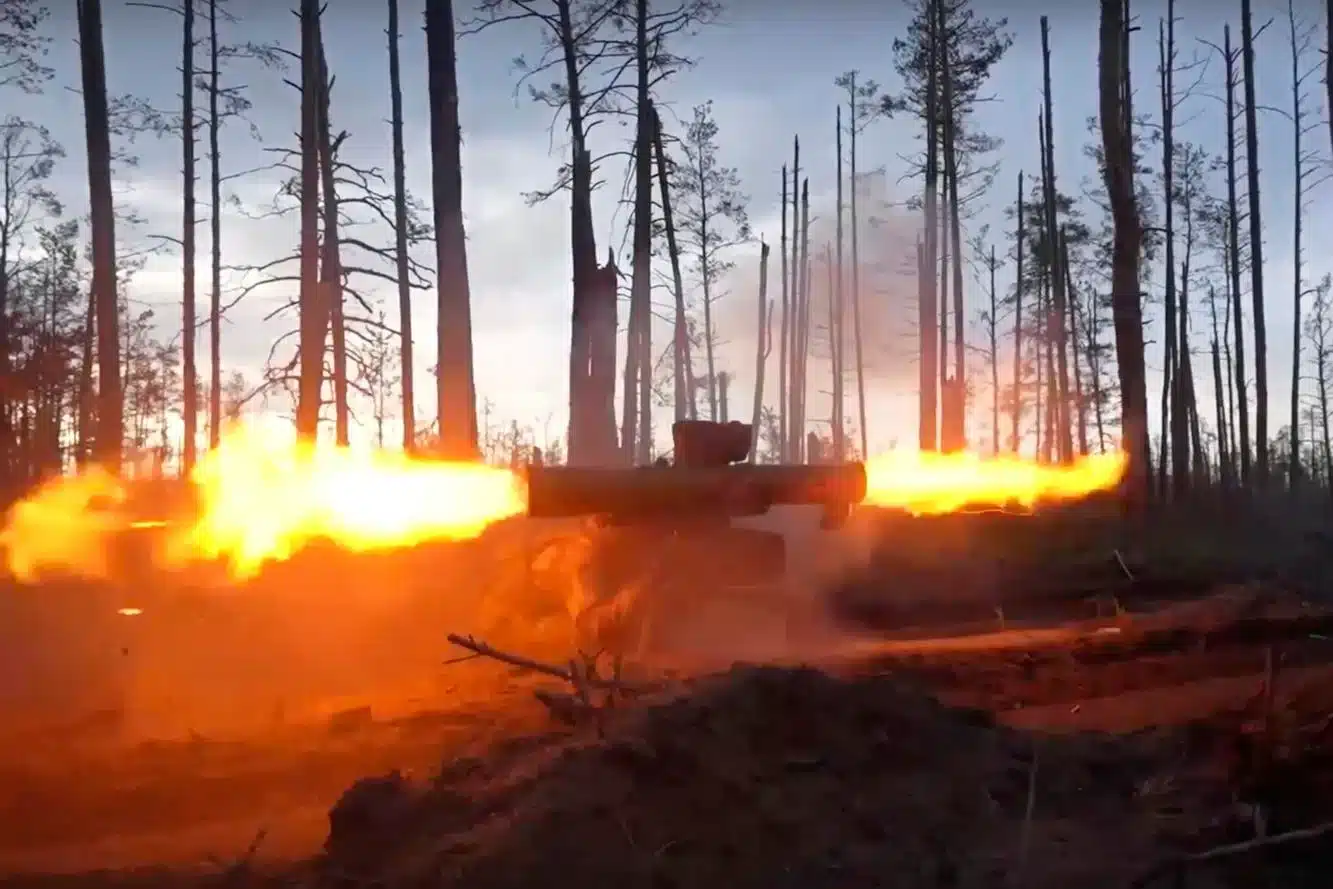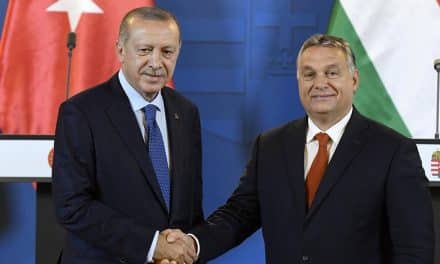In the age of information warfare, the ongoing conflict between Russia and Ukraine has been riddled with misinformation, much of it emanating from Russian state-controlled media and other sources. This article aims to shed light on some of the proven falsehoods propagated by Russian propaganda in the context of the Russo-Ukrainian war.
One of the most prominent narratives pushed by Russian propaganda is the portrayal of the conflict as a civil war within Ukraine, rather than an invasion by Russian forces. This narrative aims to absolve Russia of responsibility for the conflict and to paint the Ukrainian government as the aggressor against its own people. However, evidence from multiple international sources, including satellite imagery and firsthand accounts, clearly shows the presence of Russian military equipment and personnel in Ukraine.
Another common falsehood is the claim that Russian-speaking citizens in Ukraine are being persecuted and that Russia’s actions are merely a protective measure. While there are undoubtedly complex linguistic and cultural dynamics within Ukraine, there is no credible evidence to support claims of widespread persecution of Russian speakers. This narrative is often used to justify Russia’s annexation of Crimea and its ongoing involvement in Eastern Ukraine.
Russian propaganda has also sought to discredit the legitimacy of the Ukrainian government and its institutions. This includes spreading false information about the 2014 Ukrainian revolution, which is often portrayed as a coup orchestrated by the West. In reality, the revolution was a popular uprising against corruption and for greater alignment with the European Union.
In recent developments, Russian sources have been accused of spreading disinformation about the use of chemical weapons in the conflict. These claims, often presented without credible evidence, aim to shift the blame for civilian casualties onto Ukrainian forces. However, international observers have repeatedly warned that such accusations could be a precursor to the use of such weapons by Russian forces.
Finally, Russian propaganda often portrays the sanctions imposed by the international community in response to the conflict as unjust and harmful to ordinary people. While sanctions undoubtedly have an economic impact, they are a legal and widely accepted tool for responding to aggression and violations of international law.
In conclusion, while propaganda is a common feature of any conflict, the scale and sophistication of Russian misinformation in the Ukraine war are notable. It is essential to critically evaluate information and rely on multiple, credible sources when seeking to understand the complex dynamics of this ongoing conflict.
Sources:





